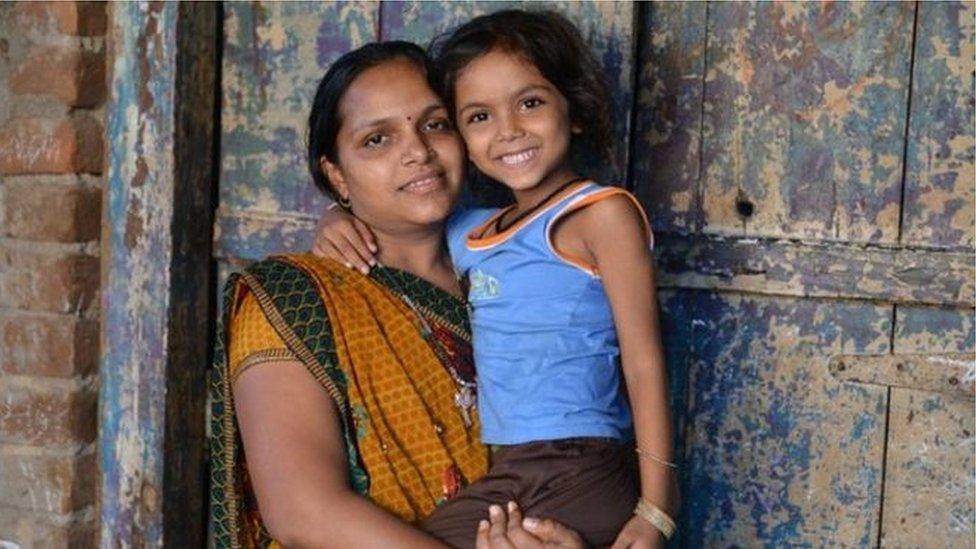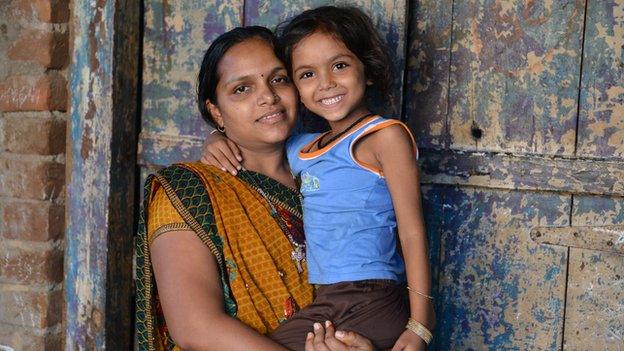India to ban foreign surrogate services
- Published

India is called the "surrogacy hub" of the world
The Indian government has said it plans to ban surrogate services for foreigners wanting babies in a move which will hit a thriving industry.
It says surrogacy would be available "only for Indian couples".
India is called the "surrogacy hub" of the world, where infertile couples, including many from overseas, hire the wombs of local women to carry their embryos through to birth.
But there have been growing concerns over what is an unregulated business.
This had prompted a petition in the Supreme Court, which last month ordered the government to spell out plans for regulating the industry.
"The government does not support commercial surrogacy and also the scope of surrogacy is limited to Indian married infertile couples only and not to the foreigners," the government said in an affidavit to the Supreme Court on Wednesday.
Existing rules say foreign couples seeking to enter into a surrogacy arrangement in India must be a "man and woman [who] are duly married and the marriage should be sustained at least two years".
The government said it would require some time to introduce the law.
"[It is] in the process of bringing a comprehensive legal framework for not only protecting the rights of surrogate mother but also for prohibiting and penalising commercial surrogacy," the affidavit presented to the court by Solicitor General Ranjit Kumar said.
Commercial surrogacy is estimated to be worth more than $1bn (£65m) a year in India.
Correspondents say good medical technology, low cost and a lack of regulation have made the country a hub of surrogacy services.
India has one-third of the world's poorest people and critics argue that poverty is a major factor in the women's decision to become a surrogate.
- Published1 October 2013
